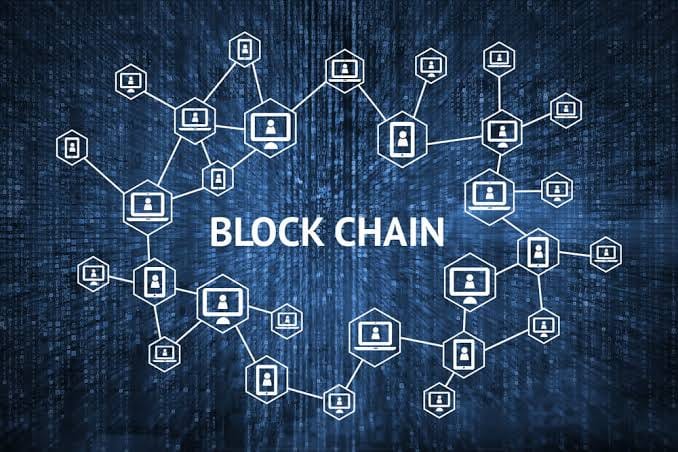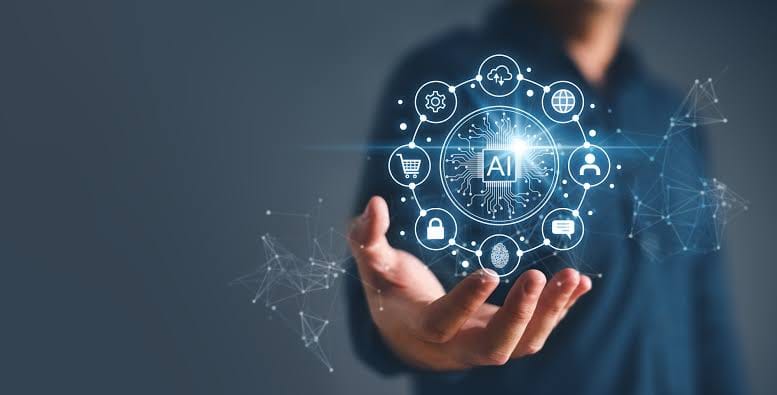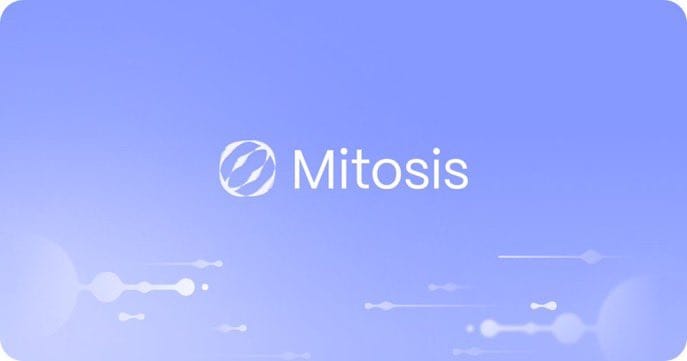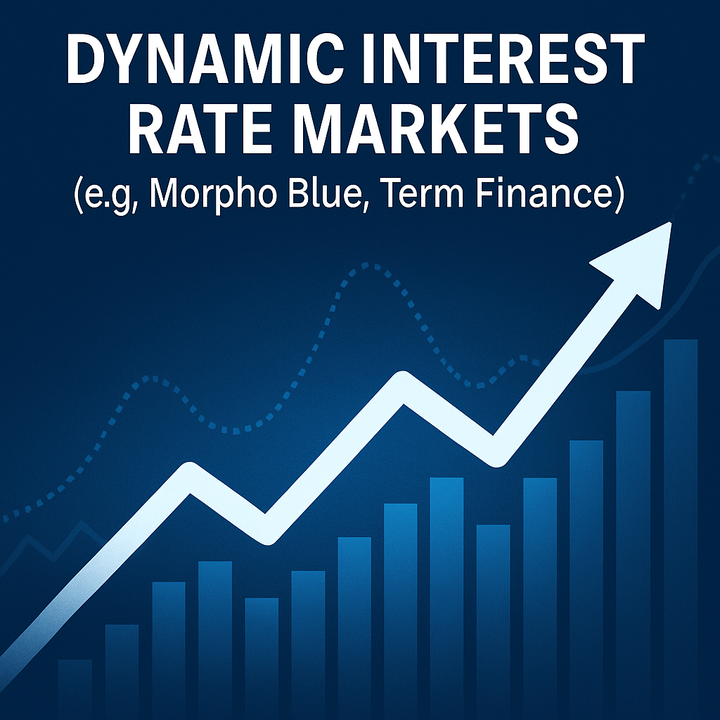AI and Blockchain: Reshaping Industries and Trust
The convergence of Artificial Intelligence (AI) and Blockchain represents a pivotal moment in technological evolution, with the potential to redefine industries, enhance trust, and address systemic challenges in data management, security, and automation. AI empowers systems to emulate human intelligence through capabilities like machine learning, natural language processing, and predictive analytics. Blockchain, a decentralized and immutable ledger, ensures transparency, security, and trust in data and transactions. Together, these technologies create a powerful synergy that amplifies their individual strengths, offering innovative solutions across sectors. This article explores their integration, key applications, challenges, and future implications, enriched by insights from leading experts.

What is blockchain?
Blockchain is a decentralized, secure ledger that enables simultaneous, transparent, and encrypted data exchange among multiple parties during transactions. It can track various activities like orders, payments, accounts, and production. By providing a single, shared view of accurate data, blockchain fosters trust, enhances efficiency, and creates new opportunities for businesses.

What is AI?
Artificial intelligence (AI) involves using computers, data, and sometimes machines to replicate human-like problem-solving and decision-making abilities. AI includes subfields like machine learning and deep learning, where algorithms are trained on data to predict or classify information. AI offers benefits such as automating repetitive tasks, improving decision-making, and enhancing customer experiences.
The Complementary Power of AI and Blockchain
AI and Blockchain are uniquely positioned to address each other’s limitations while enhancing their capabilities. Their integration creates systems that are secure, transparent, and intelligent, unlocking new possibilities for innovation.
- Securing Data for AI Applications
AI thrives on large datasets, but concerns about data privacy, security, and integrity are significant barriers to adoption. Blockchain’s decentralized architecture, with its cryptographic security and immutability, provides a robust solution. By storing AI training data or outputs on a Blockchain, organizations can ensure data integrity and protect sensitive information. For example, in healthcare, Blockchain can secure patient records analyzed by AI for personalized diagnostics, ensuring compliance with regulations like HIPAA or GDPR. Melanie Swan, author of Blockchain: Blueprint for a New Economy, emphasizes, “Blockchain technology facilitates the secure transfer of data in a distributed environment, a critical requirement for AI systems reliant on trusted data sources.” - Decentralized AI Ecosystems
Traditional AI systems often rely on centralized servers, creating vulnerabilities such as single points of failure or data breaches. Blockchain enables decentralized AI models, where data, computations, and models are distributed across a network, enhancing security and resilience. Platforms like SingularityNET leverage Blockchain to create decentralized marketplaces for AI algorithms, allowing developers to share, monetize, and collaborate on AI models securely. This democratization of AI fosters innovation and broadens access, particularly for smaller organizations or individual developers. As Don Tapscott, co-author of Blockchain Revolution, notes, “Blockchain is the biggest opportunity set we can think of to fundamentally transform the way we do business.” - Smart Contracts Enhanced by AI
Blockchain’s smart contracts—self-executing agreements encoded on the ledger, benefit significantly from AI’s analytical capabilities. AI can analyze historical data to optimize contract terms, predict outcomes, or automate complex decision making processes. In supply chain management, for instance, AI can forecast demand or identify bottlenecks, while smart contracts automatically execute payments or shipments when predefined conditions are met. This integration streamlines operations and reduces reliance on intermediaries. Vitalik Buterin, co-founder of Ethereum, underscores the potential: “Smart contracts are a fundamental building block for the next generation of decentralized applications.” - Ensuring Transparency and Mitigating AI Bias
AI systems can perpetuate biases embedded in their training data, leading to unfair outcomes in applications like hiring, lending, or criminal justice. Blockchain’s transparent and auditable nature allows stakeholders to trace the data sources, training processes, and decisions made by AI models, promoting accountability and fairness. This is particularly critical in regulated industries where trust and compliance are paramount. By combining AI’s decision-making power with Blockchain’s transparency, organizations can build systems that are both intelligent and trustworthy. - Tokenization and Incentive Mechanisms
Blockchain’s tokenization capabilities enable new economic models for AI ecosystems. Tokens can incentivize data sharing, model development, or computational contributions in decentralized AI networks. For example, platforms like Ocean Protocol use Blockchain to create data marketplaces where individuals and organizations can share data securely, with AI analyzing the data to generate insights. Token-based incentives ensure fair compensation and foster collaboration, driving innovation in AI development.
Industry Applications
The integration of AI and Blockchain is already transforming multiple sectors, delivering tangible benefits in efficiency, security, and trust.
- Finance: In financial services, AI powers predictive models for trading, risk assessment, and fraud detection, while Blockchain ensures secure, transparent transaction records. Platforms like Chainlink integrate AI oracles with Blockchain to provide real-time, reliable data for financial smart contracts, enabling faster and more secure settlements. This combination reduces costs and enhances trust in decentralized finance (DeFi) ecosystems.
- Healthcare: AI’s ability to analyze medical imaging, predict disease progression, or personalize treatments is enhanced by Blockchain’s secure data management. Hospitals can share patient data securely across networks, enabling AI-driven research while protecting privacy. For instance, Blockchain-based platforms like BurstIQ facilitate secure health data exchanges for AI applications.
- Supply Chain and Logistics: AI optimizes supply chain operations by predicting demand, identifying inefficiencies, and improving logistics. Blockchain complements this by providing a transparent, tamper-proof record of goods’ provenance, reducing fraud and ensuring compliance. Companies like IBM use Blockchain-AI solutions to enhance supply chain transparency and efficiency.
- Energy: Decentralized energy markets leverage Blockchain for peer-to-peer energy trading, while AI optimizes energy distribution based on consumption patterns. Projects like Power Ledger use this combination to create efficient, sustainable energy ecosystems.
- Governance and Voting: Blockchain’s transparency ensures secure, verifiable voting systems, while AI can analyze voter behavior or detect anomalies, enhancing the integrity of democratic processes.
Challenges to Integration
Despite their potential, integrating AI and Blockchain faces significant challenges. Blockchain’s computational intensity, due to consensus mechanisms like proof-of-work, can slow down AI processes, which require high-speed computations. Scalability remains a hurdle, as decentralized systems struggle to handle the vast data volumes AI demands. Energy consumption is another concern, particularly for Blockchain networks with high environmental impact. Regulatory uncertainties also pose risks, as governments grapple with overseeing decentralized systems and AI ethics. Cathy Mulligan, a Blockchain and AI researcher, cautions, “Scalability, energy efficiency, and governance frameworks are critical to realizing the full potential of this integration.”
The Future: A New Paradigm
The synergy of AI and Blockchain is poised to redefine industries by combining intelligence with trust and decentralization. As Kai-Fu Lee, author of AI Superpowers, states, “AI will transform our economy and society, but only if we can trust the systems we build.” Blockchain provides the trust layer, ensuring transparency and security for AI’s transformative capabilities. From decentralized AI marketplaces to secure healthcare systems, this convergence promises to create resilient, equitable, and efficient solutions.
Looking ahead, advancements in scalable Blockchain protocols, energy-efficient consensus mechanisms, and AI optimization techniques will further enhance their integration. Industries like finance, healthcare, and governance stand to benefit profoundly, as do emerging fields like decentralized science and smart cities. By addressing technical and regulatory challenges, AI and Blockchain can usher in a new era of innovation, where trust and intelligence converge to solve complex global problems.


Comments ()